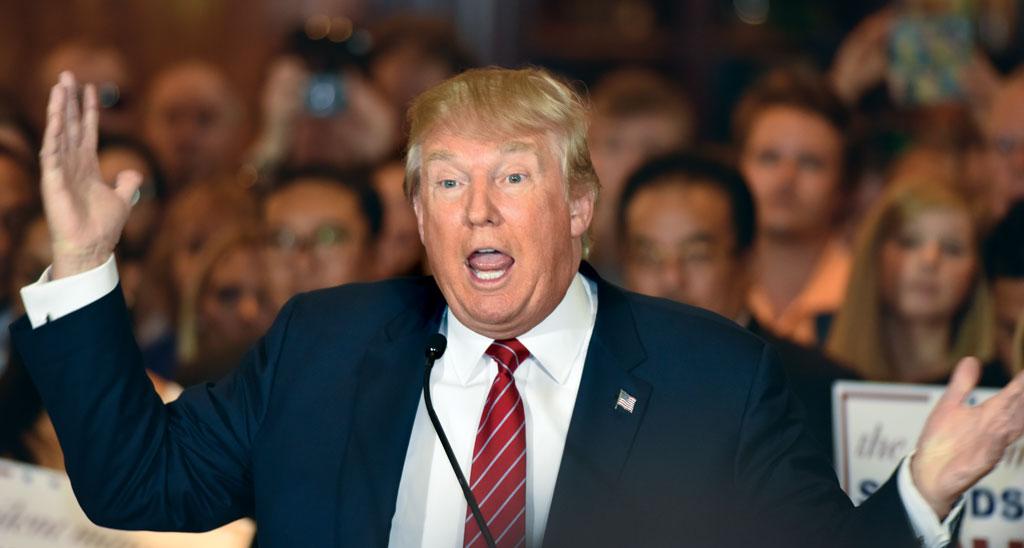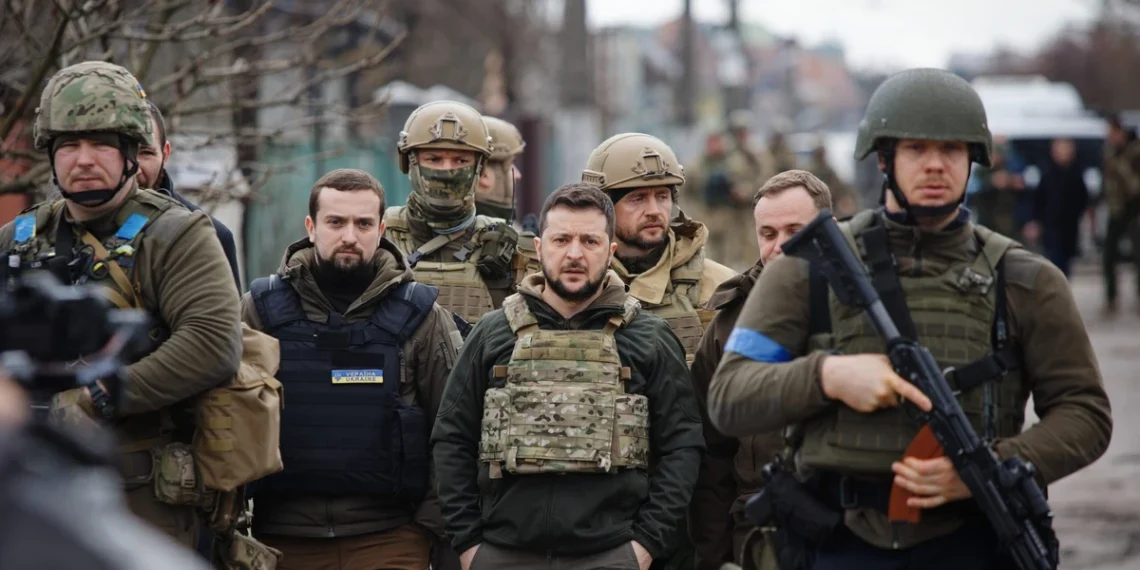The political landscape in the United States is undergoing seismic shifts, particularly concerning its stance on Russia and Ukraine.
The refusal of many Republicans, aligned with former President Donald Trump, to support additional military aid for Ukraine underscores a broader transformation within the GOP. This shift, driven by Trump’s nationalist agenda, poses significant implications for global security.
President Joe Biden has expressed deep concern over this development, condemning Trump’s rhetoric and blaming GOP lawmakers for recent setbacks in Ukraine. The White House has highlighted the dire consequences of congressional inaction, citing Ukrainian military withdrawals due to ammunition shortages.
Furthermore, Trump’s alarming statements, including likening Putin’s autocratic rule to America and questioning NATO’s defense commitments, reflect a concerning trend within the Republican Party.
These sentiments, once unthinkable for a party that championed defeating the Soviet Union, now find traction among GOP members, fueling doubts about long-standing transatlantic alliances.
The situation has escalated tensions within Congress, with House Speaker Mike Johnson facing mounting pressure to navigate a delicate balance between GOP factions and secure bipartisan support for Ukraine aid. However, the broader implications of this ideological shift extend beyond immediate aid debates.

There’s a growing realization that the GOP’s evolving foreign policy stance, driven by Trump’s influence, risks undermining decades of transatlantic security cooperation. Trump’s cozy relationship with Putin, coupled with his reluctance to uphold NATO commitments, threatens to unravel the post-World War II security framework.
As Republicans grapple with these challenges, voices within the party, such as Senator JD Vance, are advocating for a more isolationist approach, arguing that US resources should be directed elsewhere. This inward turn poses a stark departure from traditional Republican foreign policy and raises concerns about the future of US global leadership.
Ultimately, the GOP’s internal divisions over Ukraine aid reflect broader shifts in US foreign policy, with significant implications for global stability and America’s role on the world stage. As the debate intensifies, the fate of transatlantic alliances and the trajectory of US-Russia relations hang in the balance.





